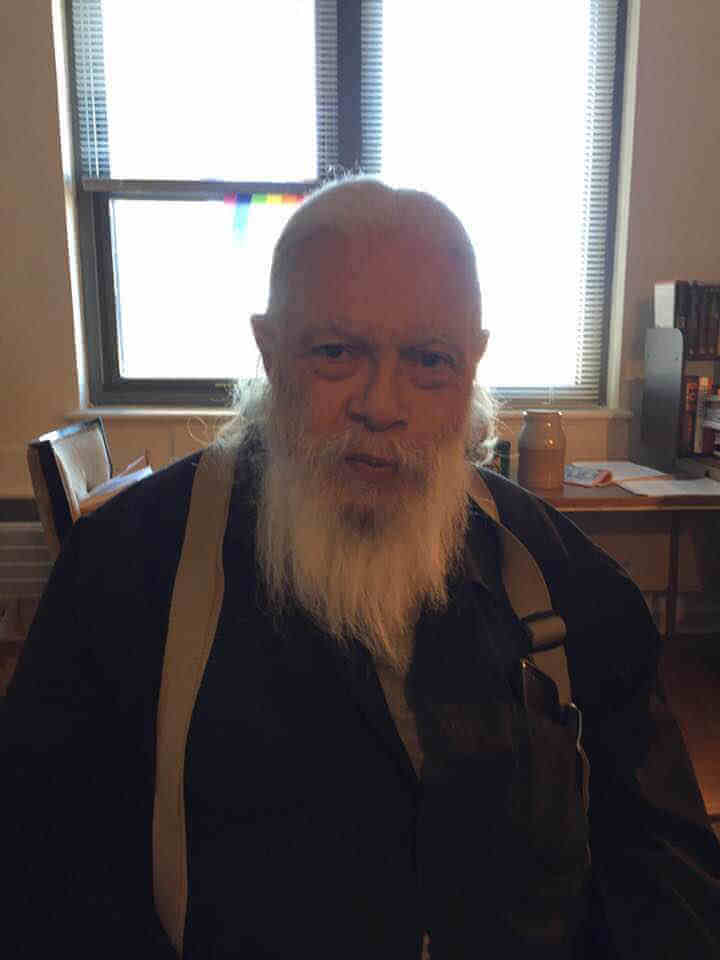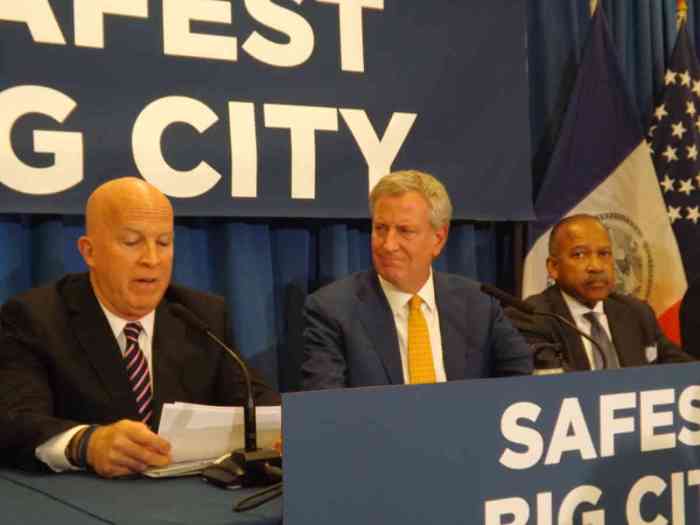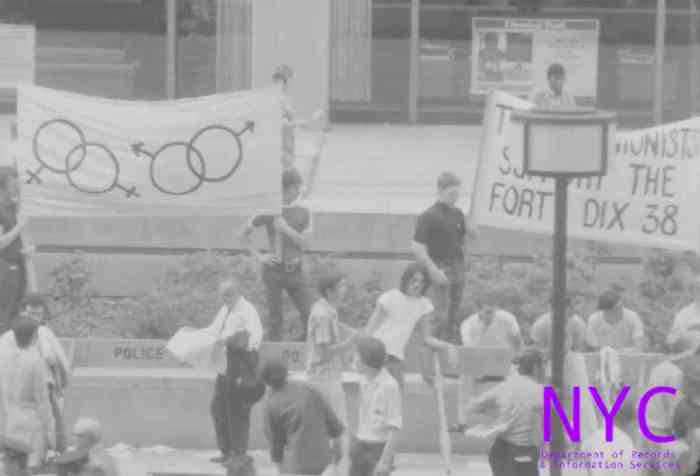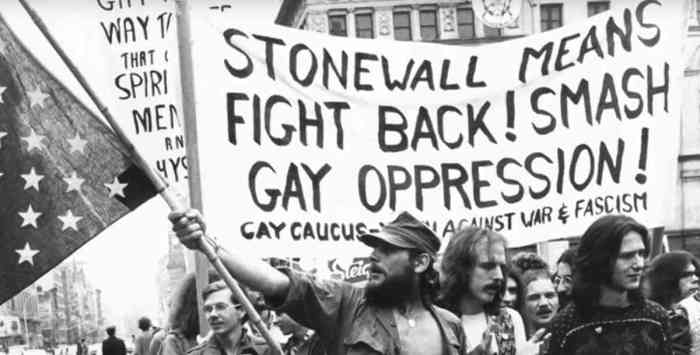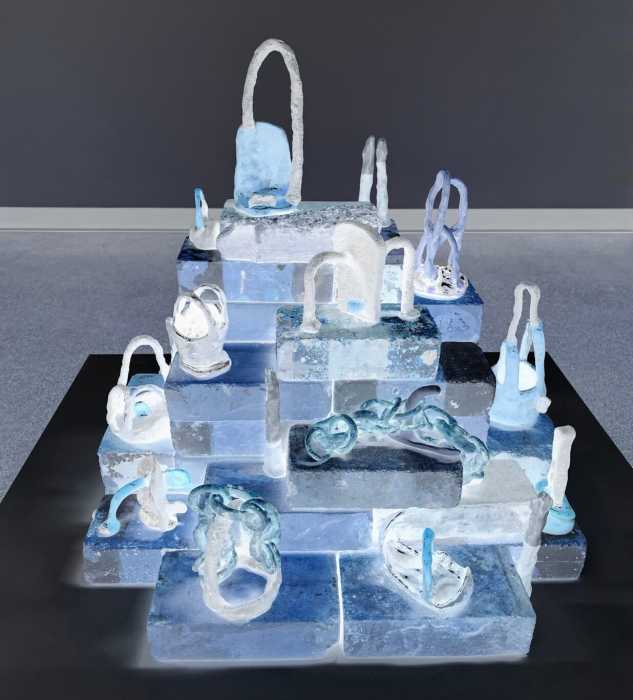April Fool’s Day was the 77th birthday of science fiction writer and public intellectual Samuel R. Delany. Chip, as his friends call him, is a genius. Though his reputation continues to ascend like the twin moons that suddenly appear in the night sky in his science fiction masterpiece “Dhalgren” (celebrating 45 years since its publication this year), even if he continues to be underrated, in my view, as both a writer and as a leading light of queer sexual and civic liberation.
When the leviathans of science fiction like Ray Bradbury, Robert A. Heinlein, and Isaac Asimov were at the height of their popularity, it was Delany who won the Science Fiction and Fantasy Writers of America’s Nebula Award two years in a row, in 1966 for “Babel-17” and the next year for “The Einstein Intersection.” He did this as an African American man. And as a gay man. That was completely unprecedented in American sci-fi writing.
“Science fiction isn’t just thinking about the world out there. It’s also thinking about how that world might be — a particularly important exercise for those who are oppressed, because if they’re going to change the world we live in, they — and all of us — have to be able to think about a world that works differently,” Delany wrote in a 1998 essay “Racism and Science Fiction,” originally published in The New York Review of Science Fiction. The now-classic essay was republished last April by PM Press’s “Outspoken Authors” series in a collection of three short works titled and including “The Atheist in the Attic.”
Delany’s science fiction still reads like he wrote it yesterday, with themes exploring racial conflict, queer sex, and body and appearance modification. The same freshness cannot be ascribed, for example, to Bradbury’s “Fahrenheit 451” or almost anything Asimov wrote, though Heinlein has aged quite well.
I met with Delany last month in Philadelphia where he lives near the Art Museum with his partner. He retired from teaching creative writing at Temple University in 2015. Delany told me that he knew Asimov well enough to call him “Ike,” as only his oldest friends did. But now it’s Delany who is the éminence grise, having been inducted into the Science Fiction and Fantasy Hall of Fame in 2002 and named the Science Fiction Writers of America 30th Grand Master in 2013.
This month also marks the 20th anniversary of his now-classic book “Times Square Red, Times Square Blue” about how the gentrification of Times Square pretty well ended public sex among men in the district, a development that turned out to be something of a canary in a coal mine for the civic freedoms once inherent to public spaces in New York. The book has just been reissued in a special edition by NYU Press.
Here are excerpts of my conversation with Delany:
CHRISTOPHER MURRAY: Where were you in June of 1969?
SAMUEL R. DELANY: I was in San Francisco and I heard about the Stonewall riots. I had just moved to San Francisco and I was delighted to hear about them.
CM: Do you remember thinking, “This is historic?”
SRD: I remember thinking, “This is the greatest thing that’s ever happened!” The riots lasted for days. “They are rioting in New York and this is my people?” How could I not think that was fantastic? I was 27 years old. I was not a kid. I came out before the riots. I had already moved to the East Village so it would be easier to be a gay man. 629 East Fifth Street.
CM: Not far from Allen Ginsberg.
SRD: Ginsberg’s landlord was a friend of mine and we were both screwing him at the same time.
CM: Did you regret not being in New York for the riots?
SRD: Sure, I did. I thought. “Why did I leave New York now?” I would have loved to be there. But I was in working on the beginning of “Dhalgren.”
CM: As you look from Stonewall ‘69 through to Stonewall ‘19, what do you think the most significant historical arcs have been, in your own life, in the queer community, in science fiction, in general in the United States?
SRD: From my point of view, certainly the closing of gay institutions like pornographic theaters, sex shows, and bathhouses changed my life incredibly. Dennis [Delany’s long-term partner] still says Giuliani’s closing the theaters in ‘95 ruined our sex life. And nothing really has come back to replace them. I haven’t been able to explore Grindr and the other apps. Maybe that solves the problem; maybe it doesn’t. I think gay marriage is a good choice to have, but I don’t think it’s solved any major problems.
CM: What does Stonewall’s 50th anniversary mean to you and where do you see gay liberation going in the future, for you, for individuals, for queer folk, for queer folk of color?
SRD: Forward in time? I have no idea. How all of these groups are going to respond to the major changes that are likely to come because of climate change, I think, are just unpredictable. There’s reasonable talk of famine in the future and changes in the coastline, not to mention the real problem of pollution… I think this will all have major influences on all aspects of gay society, and I don’t know what it will be. I’m reminded of a story I heard years ago when there was a meeting of gay novelists in the middle ‘50s, including Paul Goodman and Sanford Friedman, and the question was posed, “What is the major problem that the gay novelist should be worrying about?” and Goodman answered, without missing a beat, “The hydrogen bomb.”
TIMES SQUARE RED, TIMES SQUARE BLUE | By Samuel R. Delany | NYU Press | $25 | 240 pages


